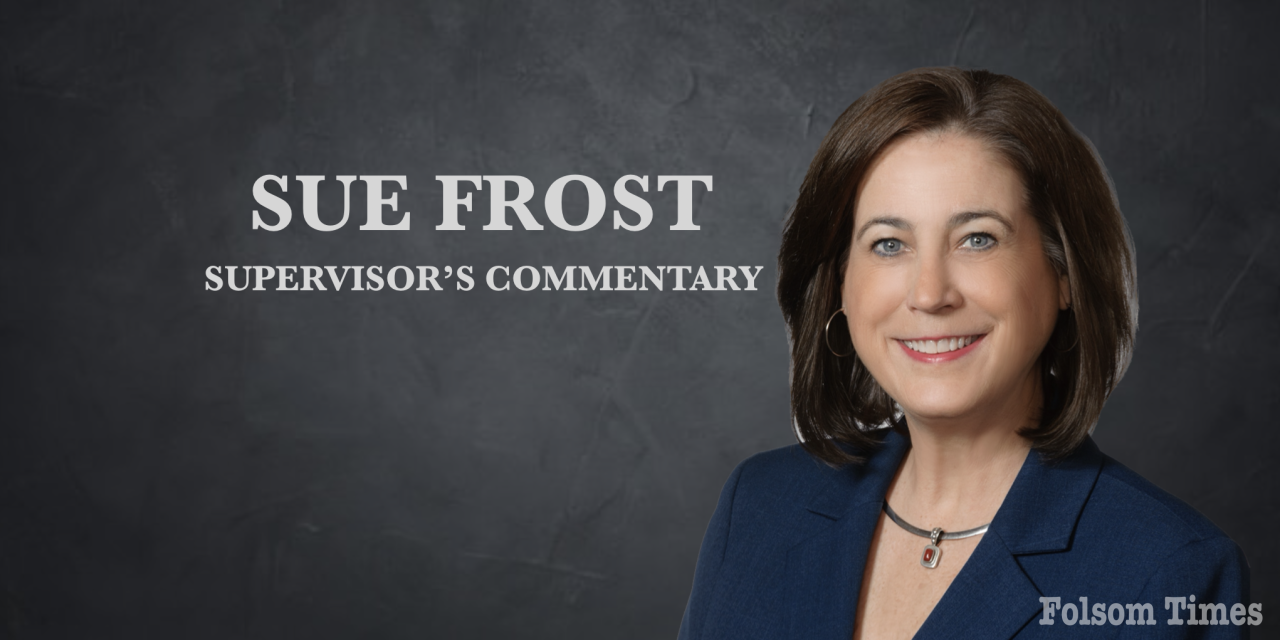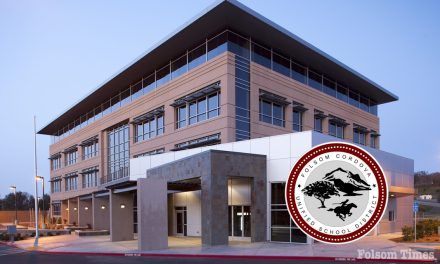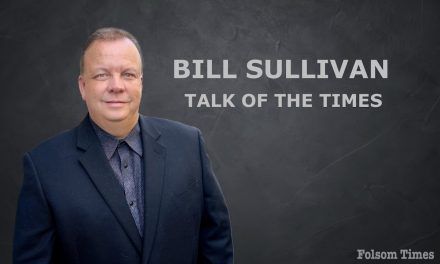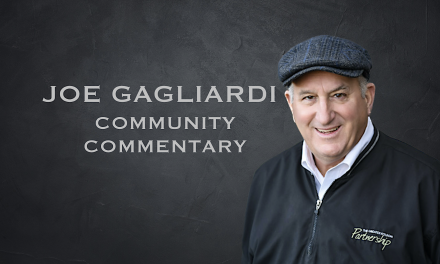As a Sacramento County Supervisor, I prioritize the safety and well-being of our community above all. California’s ambitious goal to achieve zero carbon emissions by 2030 is a testament to the state’s leadership in addressing climate change.
Among the measures taken to meet this goal, the California Air Resources Board’s decision to ban the sale of new gas furnaces and water heaters starting in 2030 stands out. This policy aims to reduce our reliance on fossil fuels, a significant step toward a cleaner, more sustainable future.
However, while the intentions behind such policies are commendable, they often come with unintended consequences. For instance, the largest contributor to modern wildfires in our state is not the appliances in our homes but the high-voltage transmission lines that crisscross our forests. These lines, essential for transporting electricity—much of which is imported due to California’s dependence on solar and wind power—pose a significant risk of sparking wildfires.
The ban on single-use plastic bags in 2014 aimed to reduce plastic waste and associated emissions. Yet, a report by the California Public Interest Research Group “CALPIRG,” found that the amount of discarded plastic bags per capita increased since the ban’s implementation. The thicker “reusable” bags, often used once and discarded, have contributed to a nearly 50% rise in plastic waste. This outcome underscores the complexity of environmental policymaking and the need for careful consideration of policy effects.
Another critical issue is California’s water management. The lack of investment in water storage and conveyance has exacerbated cycles of floods and droughts, contributing significantly to greenhouse gas emissions. This oversight not only undermines our environmental goals but also affects the state’s agricultural productivity and the livelihoods of countless Californians.
The push for electrification, including the expansion of electric vehicle (EV) charging infrastructure, is part of the state’s strategy to reduce emissions. However, last summer’s heatwave-induced blackouts, which led to restrictions on EV charging, highlighted the fragility of our current electrical grid. These incidents serve as a stark reminder of the challenges we face in transitioning to a more sustainable energy system.
Additionally, the economic impacts of these policies cannot be ignored. The construction industry, for example, has been hit hard by the increased costs associated with meeting new environmental standards, making homeownership even more elusive for many Californians.
The recent controversy over gas appliances and the Berkeley ordinance banning gas infrastructure in new constructions has sparked a heated debate. While the Ninth Circuit Federal Court of Appeals struck down Berkeley’s ban, the broader issue of transitioning away from natural gas remains contentious. Many residents and businesses are concerned about the implications of such bans on their daily lives and the economy.
While the state’s efforts to combat climate change through ambitious goals like zero carbon emissions by 2030 are laudable, we must also critically assess the broader implications of these policies on our community’s safety, well-being, and economic stability. The unintended consequences of well-meaning initiatives, from increased wildfire risks due to overreliance on electric power to the paradoxical rise in plastic waste following bag bans, underscore the need for a more nuanced approach to environmental policymaking.
Thank you for Reading – and as always if you want to contact me, call me at 916-874-5491, or e-mail me at SupervisorFrost@saccounty.gov. Sacramento County Supervisor Sue Frost represents the 4th District, which includes the communities of Citrus Heights, Folsom, Orangevale, Antelope, North Highlands, Rio Linda, Elverta, and Rancho Murieta.




